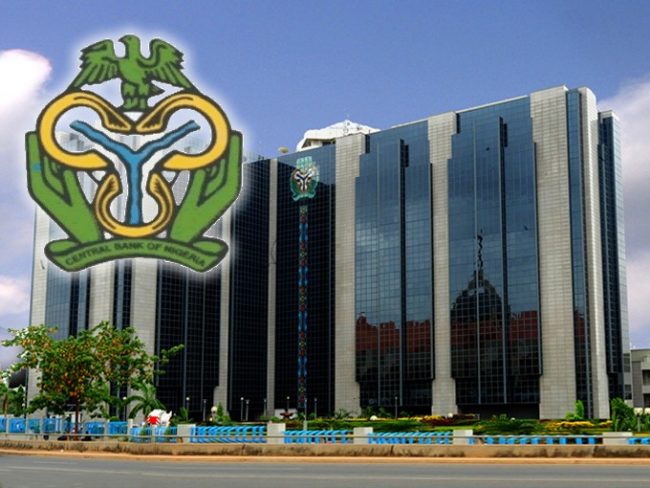The Central Bank of Nigeria has been urged to test run its proposed e-naira, Nigeria’s digital currency before it is fully released for public use.
Giving this advice was Comercio Partners, a fixed income securities and equities trading firm, ahead of the 1 October 2021 release date of the e-naira.
Comercio Partners said, in its report, that a pilot stage would be necessary for testing its viability.
It said, “While implementing the e-Naira and a digital wallet (DW) has the potential to bring numerous benefits to the Nigerian economy and its major stakeholders, including citizens, businesses, and all levels of government, a test run would seem a more appropriate action to take.
“When the governor of the CBN announced plans to introduce a new digital currency to the Nigerian monetary system at the MPC meeting in July, we assumed it was one of those far-fetched ideas that would necessitate extensive planning and technological infrastructure.
READ ALSO: VAT: NGOs Balk At New FIRS Directive
“Well, we guess that we were wrong. In a recent press statement, the CBN stated its plans to launch its Central Bank Digital Currency (CBDC) pilot scheme called the eNaira on October 1, 2021, with Bitt Inc, a financial technology company that utilises blockchain and distributes ledger technology to facilitate secure peer-to-peer transactions, as a technical partner.”
On the privacy of citizens, the report noted that the CBDC presents a privacy issue, as it is a centralised form of currency.
“Firstly, the CBDC is a centralised type of currency, and it can erode the privacy of citizens, and secondly, it is fully backed by the government, which means Elon Musk’s tweets can’t influence the e-Naira,” it said.
The report cited the example of Senegal’s eCFA that failed to launch, as the Banque Centrale des États de l’Afrique de l’Ouest (BCEAO) distanced itself from the project over the failure of the digital currency to meet up to e-money regulations.
It explained, “In November 2016, Banque RégionaledeMarchés (BRM), a regional Senegalese bank, announced the launch of the eCFA, a digital currency named after WAEMU’s (West African Economic and Monetary Union) hard currency CFA. The BCEAO (Banque Centrale des États de l’Afrique de l’Ouest) did not declare the eCFA legal tender in Senegal; rather, it was an experiment that the central bank could observe and learn from.
“The BCEAO however, quickly rebuked the eCFA digital currency for failing to comply with e-money regulations. The initiative lost traction once the BCEAO began to distance itself from the project, and it was canceled. Furthermore, the central bank stated that it had no desire to establish a CBDC in the near future.”












